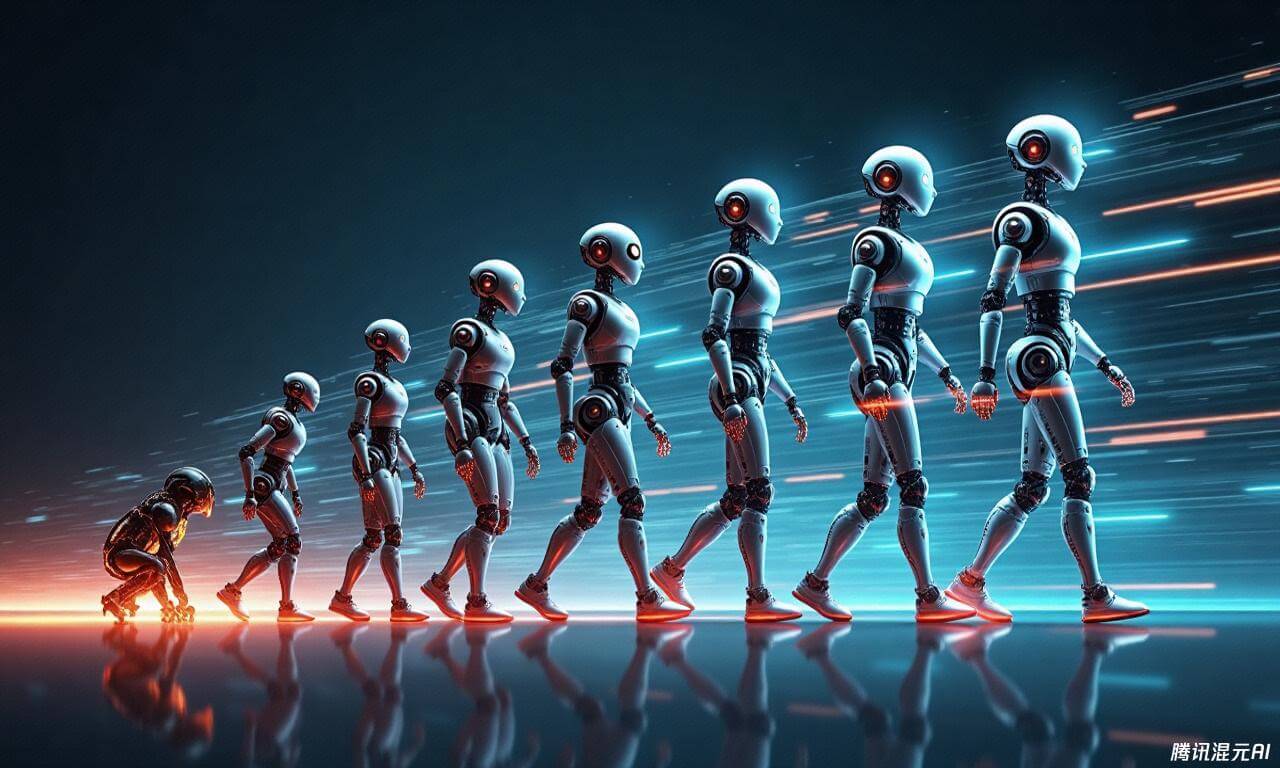The Dawn of AI Agents: From Theory to Reality
Artificial Intelligence (AI) agents have quietly transformed from theoretical concepts into powerhouse technologies changing how we work, live, and think. But how did we get here? The journey from early rule-based systems to autonomous agents that can schedule meetings, write code, and command robots is nothing short of revolutionary.
The Early Days – Rule-Based Systems: Back in the 1950s and 60s, AI started with simple decision trees and rule-based systems. These early “agents” followed rigid if-then instructions without any learning ability. They were confined to narrow domains like chess and basic problem-solving.
Expert Systems of the 1980s: The next major advancement came with expert systems. These software programs emulated human decision-making using a vast database of knowledge and inference rules. They were widely used in medicine, finance, and engineering, but struggled with adaptability and couldn’t learn from new data.
The Machine Learning Revolution
In the late 1990s and early 2000s, AI agents got a serious upgrade—enter machine learning. Unlike rigid expert systems, machine learning enabled agents to recognize patterns and improve over time.
Learning from Data: Algorithms like decision trees, support vector machines, and eventually deep learning allowed AI agents to correct errors, optimize outcomes, and, most importantly, learn from experience. This paved the way for smarter, semi-autonomous agents in everything from stock trading to medical diagnostics.
The NLP Leap: Natural Language Processing (NLP) allowed agents to understand and generate human language. Think chatbots, voice assistants like Siri and Alexa, and customer service AIs. For the first time, machines could comprehend intentions, context, and even sentiment.
The Rise of Autonomous Cognitive Agents
We’re now entering a phase where AI agents aren’t just passive tools—they’re proactive digital colleagues. These advanced systems, sometimes called autonomous agents or cognitive agents, can plan tasks, make decisions, and adapt in real time.
What Are Cognitive Agents? Cognitive agents are capable of perception, reasoning, learning, and goal-directed behavior. Unlike earlier AIs, they don’t just react—they anticipate. They can autonomously reschedule meetings, detect anomalies in data, or even manage business workflows without being explicitly told what to do.
Powered by Transformers: The advent of transformer-based models like GPT (Generative Pre-trained Transformer) and BERT has supercharged agents with a deep contextual understanding of language. These NLP breakthroughs gave AI agents the ability to understand nuances, sarcasm, and even abstract reasoning.
Real-World Impact: How AI Agents Are Reshaping Industries
The deployment of AI agents has already revolutionized multiple sectors. Here’s how they’re making waves:
- Healthcare: AI agents assist doctors by analyzing patient symptoms, medical histories, and lab results, offering diagnostic insights and treatment suggestions in seconds.
- Finance: Robo-advisors manage billion-dollar portfolios. Fraud detection agents monitor transactions in real time, flagging potentially malicious activity faster than any human ever could.
- Education: Personalized learning platforms use AI agents to adapt content based on each student’s learning pace and style, creating more effective educational experiences.
- Customer Support: AI chatbots now resolve common queries, book appointments, and even upsell products—freeing human reps for complex tasks.
- Manufacturing: Intelligent process automation agents optimize production lines, reduce waste, and predict mechanical failures before they occur.
What’s Next: The Future of AI Agent Evolution
The future of AI agents is poised to leap even further with the development of multi-modal models, lifelong learning, and ethical decision-making capabilities.
Multi-Modal Intelligence: Future agents won’t just understand text or speech—they’ll process images, videos, and even sensor data simultaneously. Imagine a personal assistant that not only books your flight but suggests outfits based on weather forecasts and sends your wardrobe suggestions to your smart mirror.
Continual Learning: Instead of learning in discrete episodes, upcoming AI agents will continuously update their knowledge based on new data, experience, and real-time feedback—much like humans do every day.
Ethics and Autonomy: As AI agents exercise more autonomy, ethical frameworks will become crucial. Who’s responsible when an AI makes a mistake in surgery or finance? Researchers are working on embedding ethical reasoning and explainability into AI agents to ensure trust and accountability.
The Agent Ecosystem: We’re moving toward a world where AI agents will collaborate—not just with humans but with other agents. Picture networks of agents working together to manage entire cities, supply chains, or even crisis response efforts.
Conclusion: We’re Just Getting Started
From simple rule-followers to hyper-intelligent collaborators, AI agents have undergone a remarkable evolution in just a few decades. And the pace isn’t slowing down. As research accelerates and capabilities expand, we’re heading toward a future where AI agents aren’t just tools—they’re trusted partners, reshaping the way we think, work, and innovate.
If you think today’s AI is impressive, just wait. The next generation of AI agents could be the most transformative technology humanity has ever seen.

